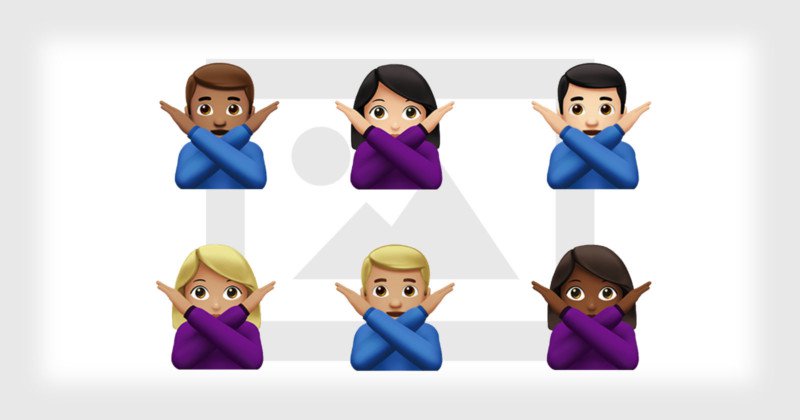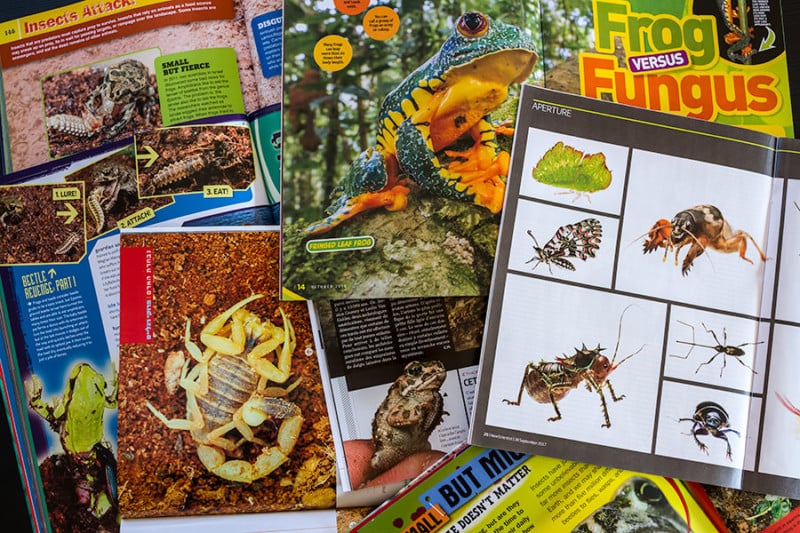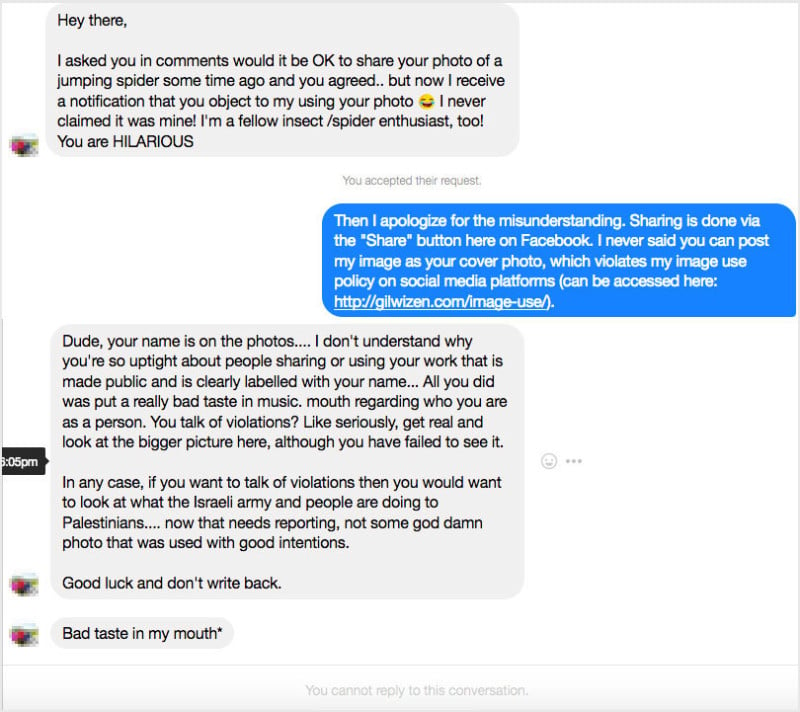
![]()
This post is dedicated to all the people who have completely lost their sense of common decency. I have a destructive humbleness that most people do not understand (myself included). I do not have a Patreon page, I do not run ads on my website, I have never asked for donations. However, for some reason, I get the feeling that this leads people to believe I do everything for free. This could not be further from the truth. You want to use my work? Great! How about you pay me for it? No? Of course not, what was I thinking. I’m sorry.
I don’t know how I can make this easier to understand: asking a professional (any professional – not only photographers) for free work is disrespectful, rude, and insulting. You do not want to be that person. Also, let’s make one thing clear, people: unless we have an agreement in place, you don’t get to decide for me how to use my photos.
This reminds me of my first Ph.D. supervisor, who said that giving photos away was the “humane” thing to do. Ok. Explain to me how giving up your copyright is considered humane. After all, I don’t see professional authors putting their texts in the public domain for humanity to enjoy or adapt without expecting some sort of payment.
Don’t get me wrong. I do like to put myself out there for the right cause, by volunteering or providing imagery free of charge. However, I feel that more and more entities are trying to take advantage of my good will, almost as if it became a trend.
I became completely self-funded as of last year. This lifestyle is not for the faint of heart, and it is often ridden with periods of anxiety and frustration. In any case, when too many people ask me to give away free stuff, how do you expect me to buy food? Pay for the roof above my head?
“Well, how about you get a real job?” you might ask.
Fair enough. But you know what turns the content I create into a paid job? The fact that someone wants to use it.
Maybe you do not like viewing photography, entomology, or science communication as a job — in that case, I cannot help you. A lot has been said and written about working for free — here’s an excellent post for example, and here’s an analysis why professional photographers cannot work for free.
Needless to say, nowadays I almost never give photos for free. One thing I learned in this business is that there will always be some people who will hate you. Whether it is because you refuse to give photos for free, or because your rates are too high, or maybe because they are jealous of your work. I am not even counting people who just hate your genre/niche of photography yet still bother to comment on photos instead of looking away. Whatever it may be, it is impossible to satisfy everyone, so I do not try. People are judgmental.
I still think that from time to time, it is important to make a contribution to a cause you support (more on that later). However, when someone takes advantage of your generosity and tries to make a personal gain from it – run home! And don’t stop until you get there.

I must say, if you receive a negative response to your photo request, be respectful. Whether I choose to give something for charity is entirely up to me, not the person requesting the image. I go over the photos and the intended use and analyze each case by its characteristics. If I decide to reject it, it is not personal; it means that I just could not see how it fits my mission.
Another reason for a refusal is when I do not see how the use can promote me further as a photographer. In any case, if your request was refused please do not start throwing insults. That’s not going to win you any fans, and will definitely not get you the photo for use free of charge — not this time and not the next time around.
Also, if you inquire about free images and you also receive a paycheck for doing this, there is a 100% chance that I will refuse to give photos for free. Allow me to demonstrate by using typical examples for this behavior.
Case #1: The Networking Card
A person who I do not know contacts me to request a photo for their upcoming publication. It is a small production, a personal project. There is a section in the book describing a rare phenomenon or a rarely encountered species, and my photos are perfect to illustrate said subject. Alas, there is no budget for photographs.
In this case, I reject the request on the basis that anything rarely documented has its own value.
Examples for such subjects are Epomis beetles, swarming locusts, tusked weta, adult botflies, etc. All these subjects took a substantial investment of time, money, and physical preparation to get the final shot. Giving those photographs away free of charge devalues my personal investment, and makes it harder to charge normal fees for use of similar photos later. It would also be unfair towards those who have already paid a licensing fee to use the photos.
To my understanding, some people do this to “test the waters” and see if the photographer is someone worthy of working with abusing in the future. In one specific case, when I rejected the request I got this reply:
Good luck making a living with the images, you have some nice shots, and publishing does not pay well…. I have for instance plenty of pictures of the ****. I just thought it might be a nice connection.
Oh, really? So you just wanted to make acquaintances? How very nice of you. How about you start respecting someone’s work and time instead of expecting to get free stuff.
Case #2: The Exposure Card
Many of us in the creative scene have been there: photographers, artists, illustrators, and designers. Someone from a highly reputable institution contacts to request free work in return for exposure to the creator.
Here’s the thing. You claim that by sharing my work I will gain exposure. Correct me if I am wrong, but you contacted me to ask about using my work. It seems to me that my name is already out there; I do not need any further exposure. Why don’t you take a minute to think about it and get back to me, hopefully with a budget next time.
Case #3: The Unintentional Infringement Card
This case is a little different because it starts with a copyright infringement. A user uses my photo as a thumbnail for their video/article/social media profile. Since this use is without permission, I take it down as a copyright infringement. The user contacts me and requests to undo the DMCA takedown, so they can have their original post back online. I explain that takedowns are being recorded, and the only way to reverse one is to comply with the conditions of use, in other words, licensing the photo.
I also add that putting my photo as the thumbnail encourages people to click the post when being shared on social media, therefore my photo directly promotes the post. I suggest to the user the fair solution of reuploading their post minus my photo. Then hell breaks loose and I am being accused of greed, trying to extort money and what not.
I wish to clarify two things:
1) A DMCA takedown is not an attempt to extort payment via licensing fees. It is what it is: regaining control over a copyrighted image that has been used inappropriately or without prior permission.
2) Professional and polite communication is key in addressing cases of copyright infringements, as well as any image use inquiries. It is crucial to be clear, concise, but still provide all the relevant details. I have often been accused of having a “patronizing/condescending tone” by infringers. I can understand how polite speech can seem this way when explaining to someone their unauthorized use of intellectual property. If you cannot communicate in a civilized manner, you are not helping to solve the issue.
I will mention one specific instance here, in which someone used my photo on their personal page on social media. When I called them out on it, I got this amazing reply (see closing paragraph):

Way to go on winning an argument. No better way to get me to block you than diverting from the main topic of discussion into accusatory politics.
Case #4: The “You Owe Me” Card
A person whom I know requests photos for commercial use (and that’s important) free of charge. They also inform me that they do not intend to credit me as the photographer, sign a licensing agreement detailing the specific use, or pay anything for the use. Every time I confront this, I think I misheard. You said no credit, no licensing agreement, AND no pay? So absolutely nothing in return? Truly an offer I cannot refuse.
I refuse.
Then I receive the classic response of “Well I didn’t need those photos anyway, I just gave you the chance to be human again” (see case #1). First of all, thank you for giving me that chance to prove myself! Highly appreciated. But let me ask you, what did you think was gonna happen? You think just because we know each other you can take my work and do with it as you please? I don’t think so. That ain’t how it works around here. And if you did not really need the photos, why did you waste my time?
It Is Not All Bad
I understand that some of these examples can paint me as a jerk, someone who never makes a personal contribution towards others in need. I therefore want to point out that occasionally I do allow the use of my photos with little or no return (the bare minimum is a copy of the publication though).
I was recently contacted by a friend who requested photos for an upcoming book about arachnids in Israel. Since there was no budget for it, I would normally reject the request. However, in this case, the two authors are responsible for my professional background: one served as my mentor and guide to the wonders of the natural world when I was a kid, the other taught me entomology at university. It is thanks to their amazing nurturing that I am who I am today.
In addition, I see the importance of publishing a popular book about arachnids in Israel as something that can spread the knowledge and promote appreciation of this often-mistreated arthropod group. The authors offered a signed copy of the book when published, which I see as a valuable return. I was happy to respond positively to this request for photos, and I hope the new book will be well-received.
About the author: Gil Wizen is a naturalist and photographer who has a great affection for small creatures. The opinions expressed in this article are solely those of the author. Wizen is a science communicator who’s involved in creating educational programs. His photos have been featured in numerous magazines, books, newspapers, and broadcasted media. You can find more of his work and writing on his website, Facebook, and Twitter. This article was also published here.

